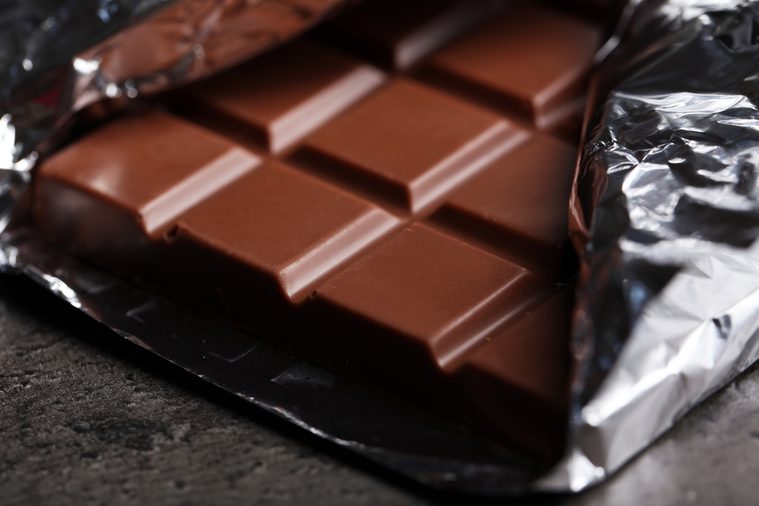
You eat chocolate at night
I love a square or two of dark chocolate as a treat. But I avoid eating chocolate before bed, and I suggest my patients do the same. Chocolate has several health benefits but it’s not a sleep-promoter. Chocolate is an often-overlooked source of caffeine. The greater the cocoa content, the higher the caffeine level in chocolate. If you’re making the healthier choice by opting for dark chocolate, and having it as a before-bed snack, you’re getting an extra, unwelcome jolt of caffeine when you least need it. Plan to get your chocolate fix earlier in the day, and try more sleep-friendly nighttime snacks like banana, or toast, with nut butter, or a small bowl of whole-grain, low-sugar cereal. (Don’t miss these secrets to better sleep that doctors want you to know.)
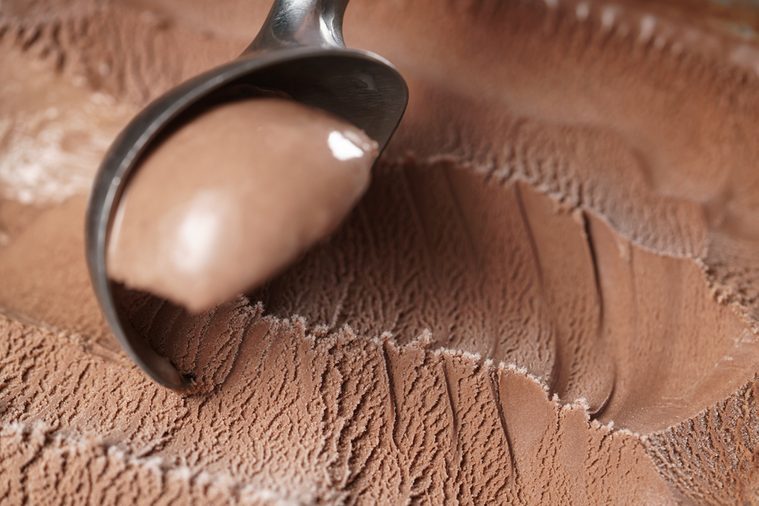
Sugary snacks before bed are your thing
It’s not only chocolate that can be problematic for sleep—other sugary foods can disrupt sleep, too. Most people love a sweet treat at the end of the day but feeding those cravings for sweet foods before bed elevates blood sugar. A jump in blood sugar—and the crash that follows—can have negative effects on sleep. (Here are foods that can improve your sleep.)
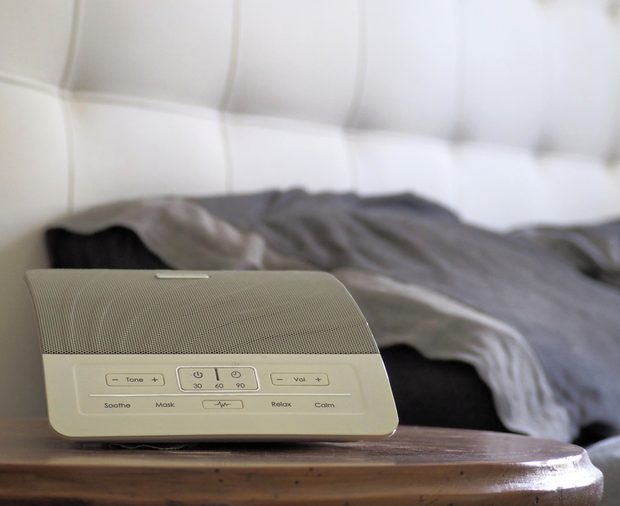
Your bedroom is too quiet
As a sleep specialist, I spend plenty of time talking to patients about reducing noise in their sleep environment. But sometimes, the problem isn’t too much noise—it’s too much silence. In a perfectly quiet bedroom, every little, random sound that occurs can trigger your brain to attention. Especially for people who need to quiet a racing mind at night in order to drift off, a silent bedroom can get in the way of sleep. The best sounds for sleep? They vary from person to person but are often rhythmic sounds that mimic nature or mixed-frequency sounds like white noise and pink noise. (I like the iHome Zenergy Sleep System, which combines relaxing sounds with aromatherapy and relaxing light therapy.) Also, check out these sleep sound machines that come expert-recommended.

Peppermint is part of your nightly routine
Whether it’s in your toothpaste or your nightly cup of herbal tea, peppermint can have a stimulating effect. A 2005 study found people exposed to peppermint oil (in a darkened room, no less) experienced a decrease in their sleepiness. Citrus, eucalyptus, and rosemary are other scents that energize and wake the mind. If you’re struggling to nod off at night, swap out your mint tea for a more relaxing brew, like chamomile or jasmine, and consider switching to a less minty toothpaste.
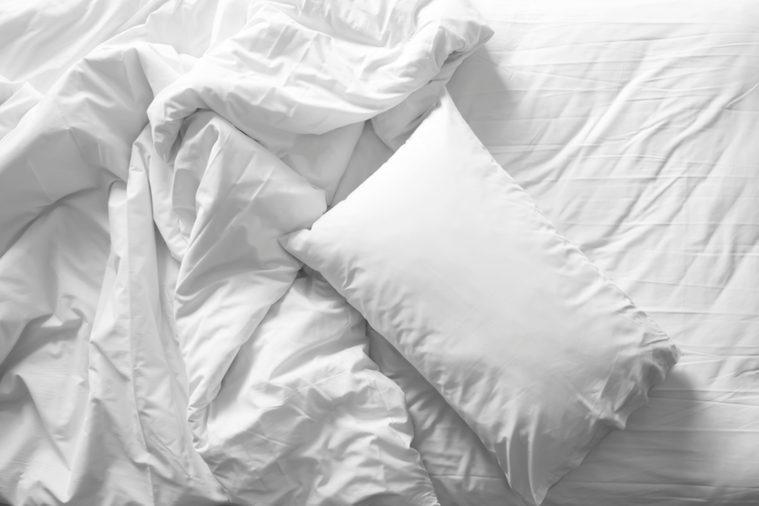
You don’t wash your pillows
Bed pillows collect a lot of pretty gross stuff: dirt, dead skin, hair, mold, fungus, pet dander, dust mites—you get the picture. These substances can cause allergy symptoms (think sneezing, coughing, runny and itchy nose, and eyes) that interfere with sleep. Allergies are also linked to sleep disorders. A 2005 study found people with allergies are nearly twice as likely to have insomnia. And allergies are also a risk factor for obstructive sleep apnea, according to research. Pillows typically need to be replaced every 12-18 months, and during that lifetime, they should be washed every few months. (Learn about the health hazards associated with sleep apnea.)
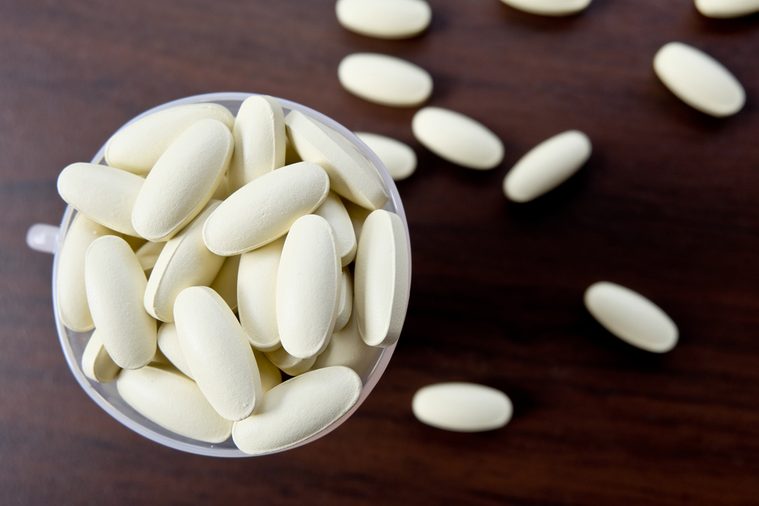
You’re taking your multivitamin at night
You probably know that many medications—from allergy meds to statins to antidepressants—can disrupt your sleep. But some vitamins can, too. In particular, B vitamins can interfere with your nightly rest. There’s evidence suggesting vitamin B6 may trigger vivid and bizarre dreaming, which is more likely to wake you during the night. And research shows vitamin B12 may increase your sensitivity to light, inhibiting the sleep hormone melatonin and disrupting normal sleep-wake rhythms. The best time to take a multivitamin? In the morning, after breakfast. (Check out these weird sleep tricks that really do help you go to sleep.)
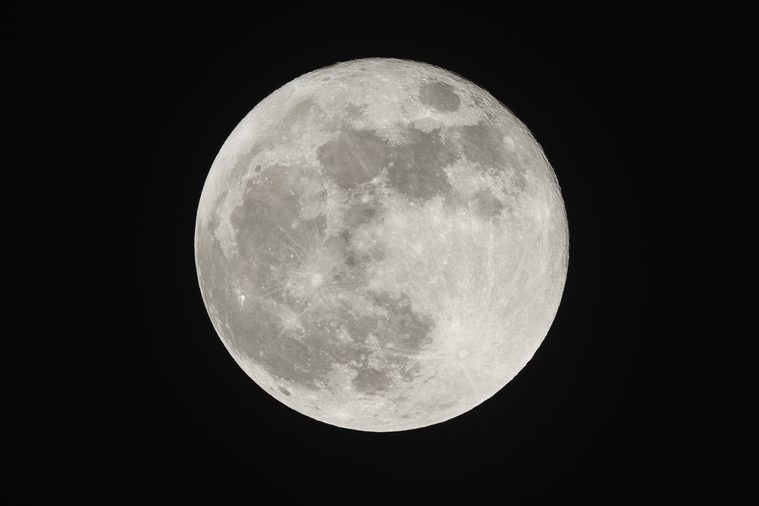
The moon is full
It’s not just daylight and darkness that affect sleep cycles. The phases of the moon also may have a significant impact on our sleep. Swiss scientists in a 2013 study published in the journal Current Biology found that around the time of a full moon, people sleep less (an average of 20 minutes!), take longer to fall asleep, and sleep less soundly. They also found our bodies produce less melatonin and spend less time in deep, slow-wave sleep.
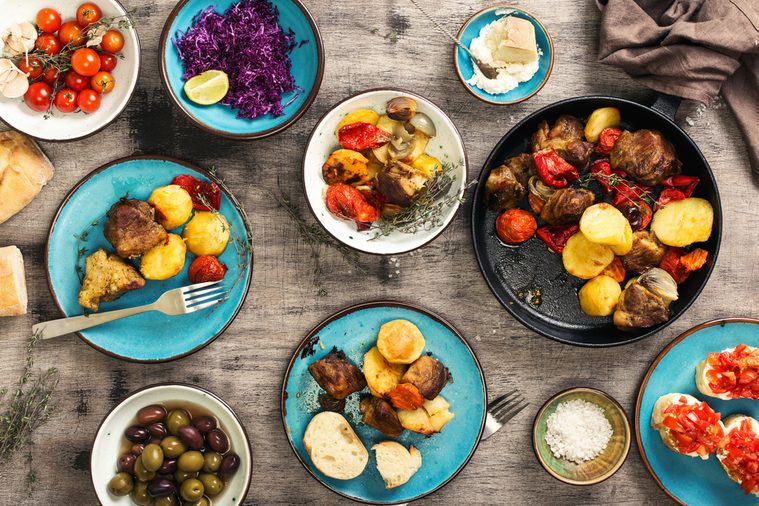
Dinner is your biggest meal of the day
During sleep, your metabolic system repairs and restores itself, and your digestive system gets a welcome, important rest. If you eat a big meal at the end of the day, especially if you eat a late dinner very close to bedtime, your digestive system is kicking into action right when you’re headed for bed. That’s not good for your metabolic health. A 2017 study from the University of Pennsylvania shows that shifting eating to later in the day contributes to weight gain, higher cholesterol and insulin levels, and increased risks for heart disease and diabetes. It also can be disruptive to sleep. Be sure to steer clear of these foods before bedtime.

Your dinner is extra spicy
Plenty of heat and spice can make for a great meal, but it might wreck your slumber. The chemical capsaicin, found in chili peppers, triggers a process known as thermogenesis—that’s when the body converts energy into heat. Eating a lot of spicy foods may raise body temperature slightly. Why does that matter to sleep? Body temperature naturally lowers at night, as part of the body’s preparation for sleep, so spicy foods may send body temperature in the wrong direction. Spicy foods can also trigger heartburn, which often becomes worse when you lie down to rest, making it tough to fall asleep. Check out these other foods that interfere with sleep.

You love a twisty mystery
If you’re watching intense, fast-paced shows right up until bedtime, it might not be the light from the screen that’s derailing your sleep. It could be the story itself that’s keeping you awake. Game of Thrones is great, but it’s not exactly sleep-promoting fare, for many of us. The mental stimulation of dramatic, complicated, and suspenseful shows (and even a really gripping book) actives the very areas of our brain we need to quiet down in order to fall asleep and sleep soundly. If you’re having trouble getting enough rest, consider switching to comedy.
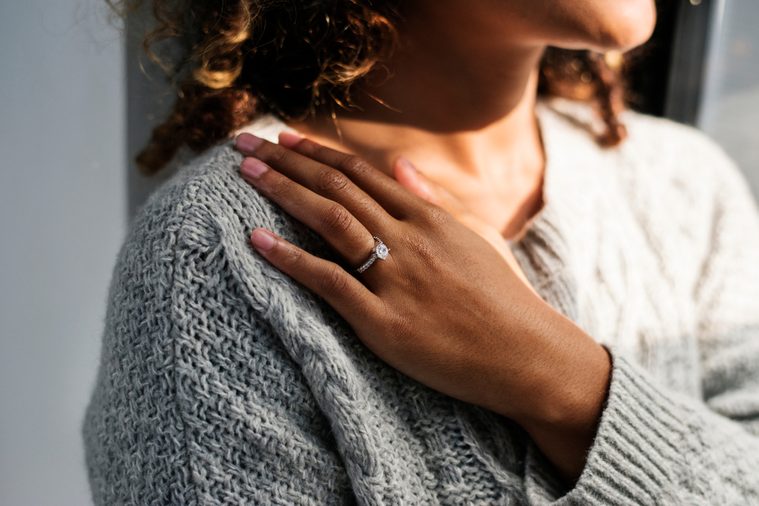
Good news came your way
Landed a promotion at work? Aced the LSATs? Planning your wedding, or a move to your dream home? Happy and exciting life events can disrupt sleep, just as stressful and difficult ones can. Acute insomnia—short periods of trouble sleeping that last from a few days to a few weeks—is often triggered by significant or unexpected developments in life, both positive and negative. If your life is coming up roses these days, you still need to pay attention to your sleep—and you may need to give your sleep routine some extra TLC. (Learn about other seemingly harmless habits that might be causing your insomnia.)
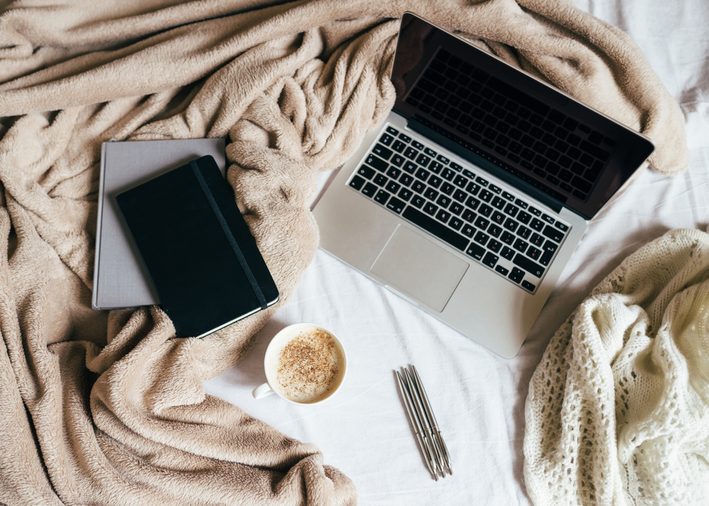
You do work in bed
It’s a mantra of sleep specialists like me: Your bed is for sleep and sex, only. When you need to work at home, it can be tempting to set yourself up in this most comfortable of places. But if you’re working in bed—during the day or at night before sleep—you’re creating associations with your sleep space that you can’t just undo. Pressure and productivity, stress and deadlines, focus and alertness—these are some of the work-related realities that are best kept far from your bedroom.
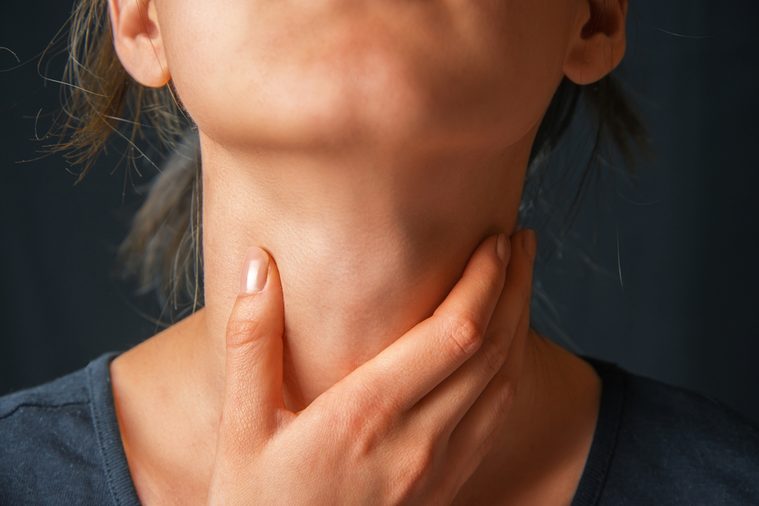
You have a thyroid disorder
This small gland located at the base of your throat produces hormones that regulate metabolism and brain activity. And when it isn’t functioning properly, it can cause problems for sleep. An overactive thyroid stimulates the nervous system, causing you to feel wired, restless, and alert, making it difficult to fall asleep. When the thyroid is underactive, you tend to feel sleepy and fatigued all the time, which can lead you to sleep at the wrong times, disrupting a normal routine of nightly rest. Another symptom of an underactive thyroid? Feeling cold all the time, which also can interfere with sleep. Thyroid conditions often go undiagnosed—but a simple blood test can determine if you have a thyroid issue that’s disrupting your sleep. Next, don’t miss these 13 strange things that can happen to your body when you sleep.